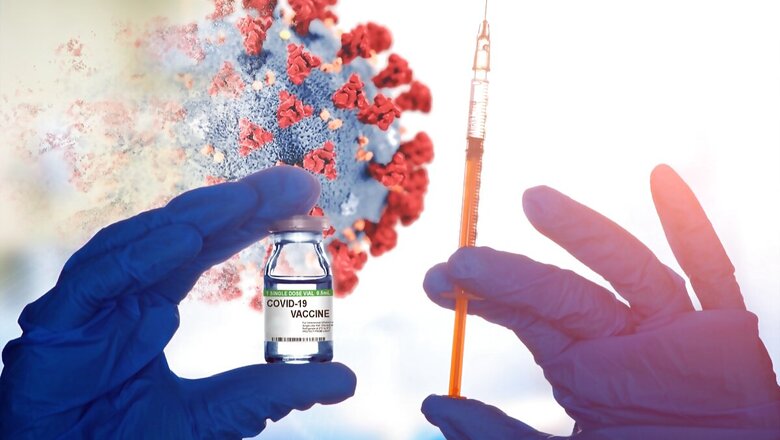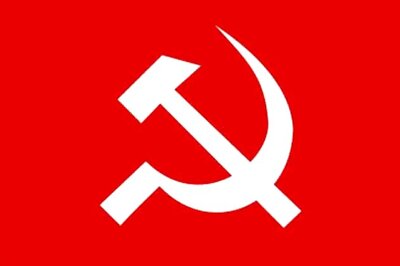
views
One key step by India’s drug regulator and a hint by government officials could pave the way for faster arrival of foreign Covid-19 vaccines, including those by Pfizer and Moderna, to the country that aims to inoculate all its citizens by December-end.
How will that happen? First, the Drug Controller General of India (DCGI) has said post-approval bridging trials and the mandatory testing of every batch of foreign vaccines may not be necessary if the “vaccine batch/lot” has been “certified and released” by authorities in the country of origin. Simply put, this does away with a key, time-consuming regulatory step.
Also, government sources have indicated that India is open to considering indemnity to America-based Pfizer and Moderna, as demanded by Pfizer in particular, even as authorities will take into account the relaxations other countries have granted. The indemnity clause gives companies protection from claims they could face during conduct of their business. According to experts, it also means the government could take on the liability of the company concerned. In the present context, that would happen once vaccine manufacturers apply for emergency use authorisation in India.
What changes? Nothing immediately in terms of indemnity, though the suggestion itself is significant and would be a welcome move for the companies concerned.
In terms of the bridging trials, quite a lot. In such studies, the idea is to build a “bridge” between a new region where a vaccine/medicine is introduced and the foreign place where it is already in use, and to ensure the medicine/vaccine’s safety and efficacy among the population in the new region.
According to DCGI, that will not be required for vaccine candidates having received green light from regulators in the US, Europe, Japan and the UK, or those mentioned in the World Health Organization (WHO)’s emergency listing. The vaccines by Johnson and Johnson, Pfizer-BioNTech and Moderna become relevant in that context, considering government sources have previously suggested that India is unlikely to shop for Chinese vaccines. Also, the Oxford-AstraZeneca vaccine, which too is relevant in this discussion, is already being administered in India.
Why does it matter? The move to do away with bridging trials — and the indemnity move, as suggested by the sources — could expedite the arrival of the widely used jabs by Pfizer and Moderna, bolster India’s ambitious inoculation programme and augment overall supply of vaccines, as the country strives to control a brutal second wave of Covid-19 infections and prepare for a possible third wave.
When are Pfizer, Moderna vaccines arriving? Pfizer’s Covid-19 vaccine may be available in India by July, the Centre has hinted, before the suggestion on indemnity grabbed headlines. Pfizer is ready to offer five crore shots in 2021, but it wants significant regulatory relaxations including indemnification, according to a PTI report in the last week of May.
On the other hand, Moderna was expecting to launch a single-dose vaccine in India next year and was in talks with Cipla, among other Indian firms, the report said. The company also told Indian authorities, according to the report, that it did not have surplus vaccines to share in 2021.
Earlier, government officials have indicated that the Johnson & Johnson vaccine will be produced by Hyderabad-based BioE separately and the technology transfer process was underway. This vaccine may be available from August (five crore doses every month till December).
Read all the Latest News, Breaking News and Coronavirus News here.

















Comments
0 comment